
Click here to view official FINA WP rules as well as interpretations for Water Polo Canada.
Water polo is an extremely fierce, competitive and demanding game played over four, eight minute periods. Each team is made up of 13 players and due to the intense nature of the game, regular substitutions are common. Seven players from each team are in the pool at any one time.
The Team
Each team consists of 13 players and has seven players in the pool - a goalie, six field players.
The Pool
The dimensions for games should be between 20 metres and 25 metres (women) and between 20 metres and 30 metres (men) in length by 20 (not less than 10) metres wide. The depth is ideally 1.8 metres or more.
Attacking Team/ Defending Team
The attacking Team is the team that has the ball and is trying to score. The defending team tries to stop an attack and to get the ball so that they can become attackers.
A Game
The ideal game time is four periods, of at least 8 minutes long. There is a three minute half time rest period and two-minute rest periods after quarters one and three.
Substitutions
Coaches are allowed to substitute players using the re-entry rule (re-entry area for exclusion foul) at any time during play and of course after a goal is scored and during rest periods.
Starting Play
The start of each period is very exciting. The two teams line up along their goal line and stay there until the referee signals the start of play. The player closest to the ball of both teams race for the ball as fast as they can to try to gain possession of it and go on the attack.
Restarting Play (after a goal is scored)
After one team scores a goal, both teams line up on their respective sides of the half line. The team that has been scored on is given the ball. They will go on the offensive as soon as the referee gives the signal to start the action.
Goals
A goal is scored when the whole ball crosses the goal line within the goal posts. A goal can not be scored directly from a free throw, unless shot is taken from 6 metres or further with undue delay. You can shoot for goal and you are also allowed to carry the ball right in yourself.
Fouls
There are three kinds of fouls in this game. Minor, exclusion and penalty fouls.
Minor Fouls (free throw awarded to opposing player)
An ordinary foul is awarded against players by the referee if they commit any of the below offenses:
-
Advance beyond the goal line before a start or restart of game
-
Assist a player at the start or restart of game
-
Push off the posts or sides or bottom of the pool
-
Impede or prevent the free movement of a player unless they are holding the ball
-
Push, or push off from an opponent not in possession of the ball
-
Hold the ball under water when tackled
-
Hit the ball with fist
-
Touch the ball with both hands at the same time
-
Be within 2 metres of the opponent’s goal line without the ball
-
Deliberately waste time (in the last minute of the game a penalty throw is awarded to the op p osition team)
- Delay unduly when taking a free throw, goal throw or corner throw
- An offensive player making contact with the ball before it leaves the field of play
- Possessing the ball for more than 30 seconds
- Faking a foul
Exclusion Fouls
Exclusion fouls are called for the more serious offenses, for instance:
- Impeding either a free throw, goal throw or corner throw
- Holding or sinking an opposing player by pushing him beneath the surface
-
Pulling back a player
-
Sp lashing water in an opponent’s face
-
Blocking a shot with 2 arms beyond the 6 metre mark
-
Kicking or hitting another player (brutality)
- Incorrectly returning to the field of play
On a major foul, a personal fault is called against the offending player. He is sent out of the pool for 20 second…leaving his team one person down. If the other team scores a goal while he is off, he can return to the game immediately. Otherwise the re-entry of the excluded player is signalled by table official by holding up flags (blue or white-same as cap color) on expiration of 20 second.
If a player gets more than three personal faults, he is sent out of the pool for the remainder of the game (red flag from table officials).
Penalty Fouls
Should a major foul be committed within attacking teams 6 metre area, then a penalty throw must be awarded (penalty foul).
Ejection For the Entire Game (misconduct and Brutality)
Players guilty of misconduct shall be excluded from the remainder of the game, with substitution after the earliest occurrence.
Misconduct offences include the use of unacceptable language, violent or persistent foul play, refuse obedience to or show disrespect for a referee or official, or behaviour against the spirit of the rules and likely to bring the game into disrepute.
If a player deliberately, as deemed by the referee, strikes or attempts to strike another player using any part of the body the player will be excluded from the game (brutality). A substitute player can enter field of play after 4 minutes of play.
Free Throw (awarded to player when opponent commit an ordinary foul)
The player who takes a free throw may either pass the ball to a teammate or drop it in front of him and play it himself. The player who is fouled takes the free throw from the point where the foul occurs - or on the 2m line if the foul takes place within the opponent's 2m line. The opposing team can not interfere with the taking of a free throw (i.e. if a player throw the ball in the air or place it on the water, the opposing team cannot try and take the ball off the player). When taking a free throw you must not delay taking the throw. Allow a couple of seconds to pass or play the ball themselves.
A goal cannot be scored directly from a free throw unless taken from 6m or further. The shot must be taken without undue delay.
Goal Throw
A goal throw is awarded when any player other than the goalkeeper of the defending team who touches the ball from a shot at goal and the ball passes beyond the goal line outside of the goal posts, a goal throw is awarded (instead of a corner throw). A goal throw can also be awarded if the ball passes beyond the goal line within the posts as a result of: 1) a free throw taken within 6m, 2) a free throw taken past the 6m mark that did not meet the free throw rules and 3) a delayed goal throw. Any player of the team from anywhere within the 2 metre area can take the goal throw.
Corner Throw
A corner throw is awarded when the goalkeeper touches the ball from a shot at goal and the ball passes beyond the goal line outside of the goal posts or when a defending player deliberately sends the ball over the goal line. The corner throw is taken from the 2 metre mark on the side nearest to where the ball crossed the goal line.
Penalty Throw
A penalty throw is awarded to a player when an opponent commits a major foul in the 5 metre area. The player taking the penalty throw on the 5 metre line must throw the ball at the goals with undue delay when the whistle is blown. All players except the defending goalkeeper must be outside the 5 metre area. The goalie must not be in front of the goal line.
Neutral Throw
A neutral throw is awarded when the referee considers the initial throw for the swim-off to benefit one of the teams over the other or when they cannot be 100% sure who committed the first foul. These fouls normally occur simultaneously, such as both players take the ball under the water. The referee puts the ball back in play, with each team being given an equal chance to get it.
Goalkeepers
As in most sports, there are special rules for goalkeepers-after all; they have a special job to do. Goalkeepers wear red caps to distinguish themselves from their fellow teammates and opponents. Unlike the rest of the players, a goalie is allowed to walk or stand on the bottom of the pool. He can hit the ball with his fist, and he can touch or catch the ball with both hands.
The goalkeeper is not allowed to move his net during play or sink the ball whilst defending an attacker close to goal. If he moves his net to stop a shot from going in or sinks the ball under pressure of attacking player, a penalty throw is awarded to the other team.

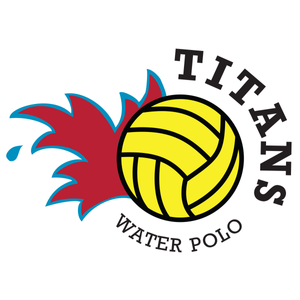
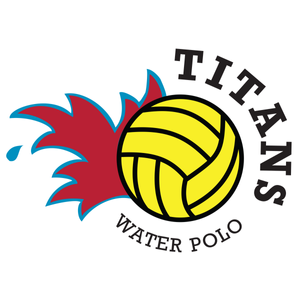










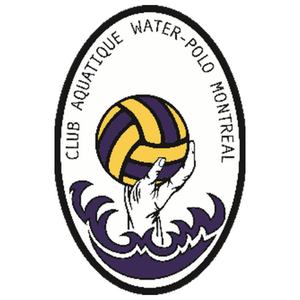


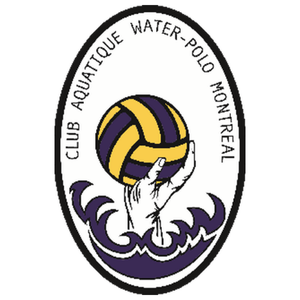
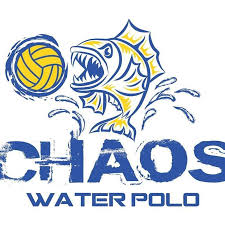




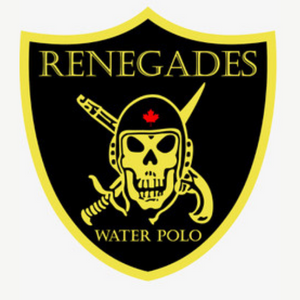




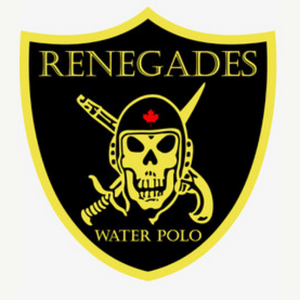


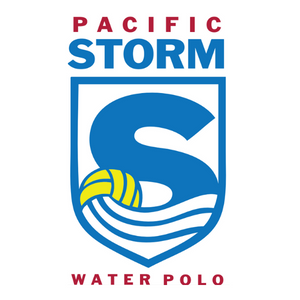









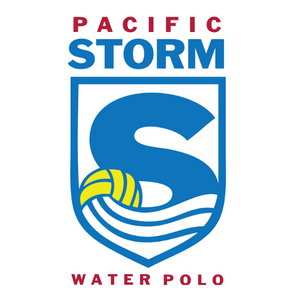
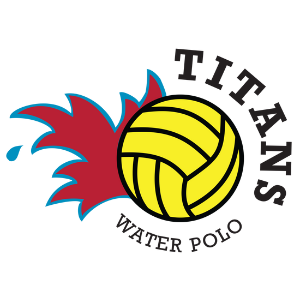




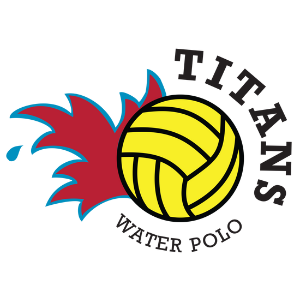





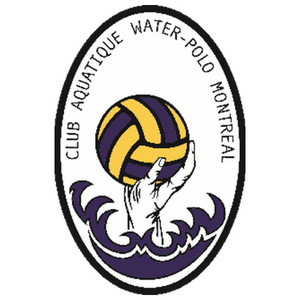











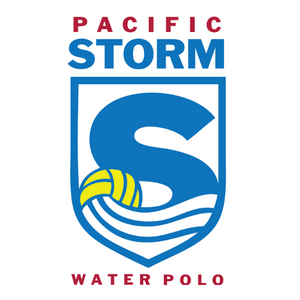


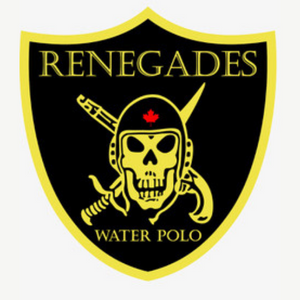

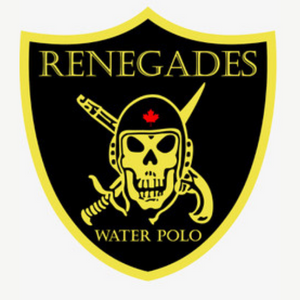


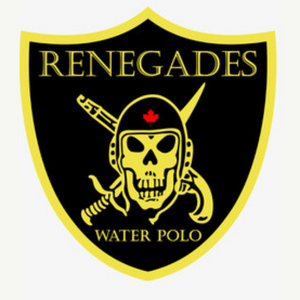




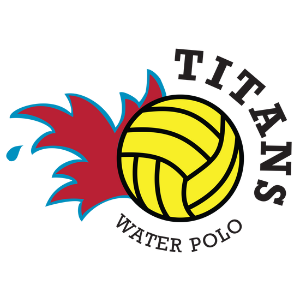
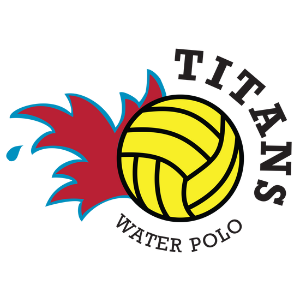
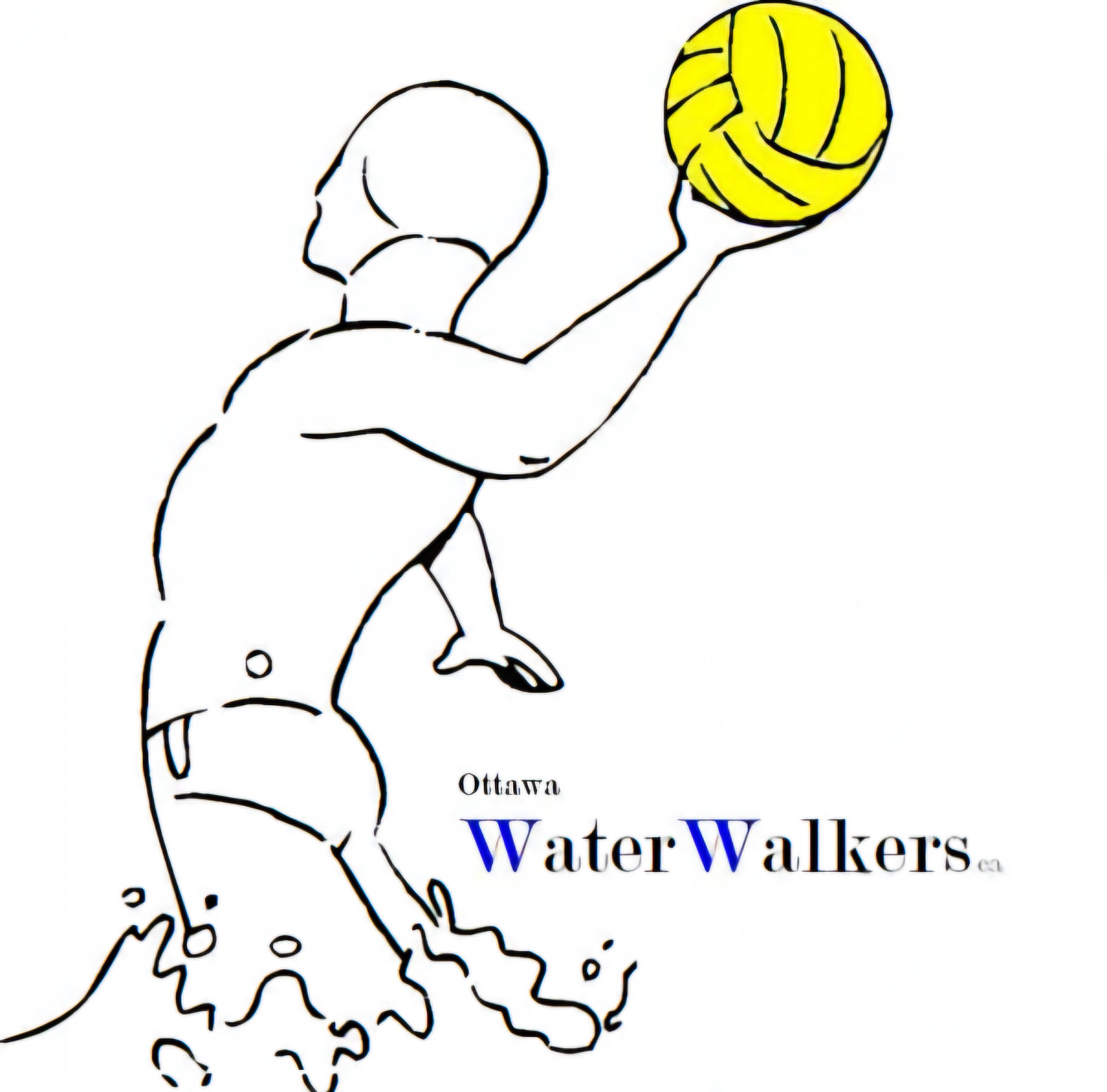

.jpg)
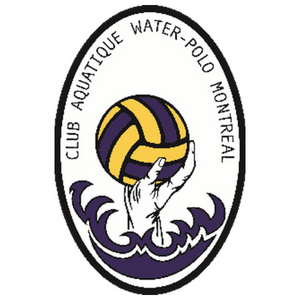
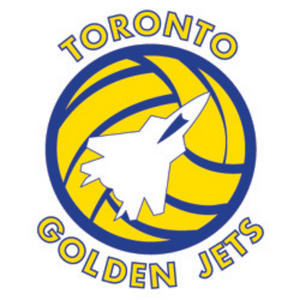
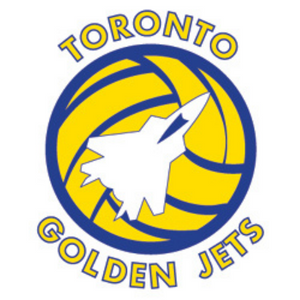


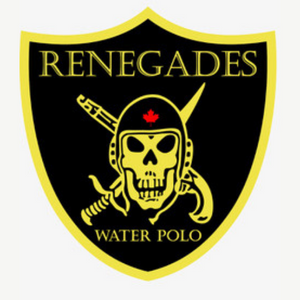
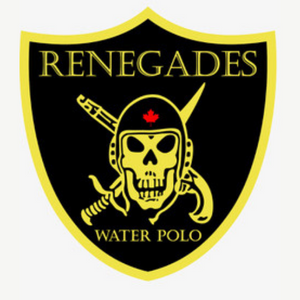

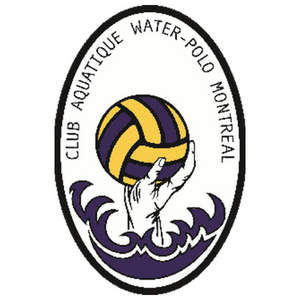
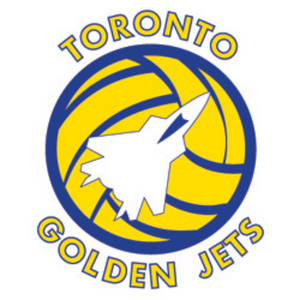
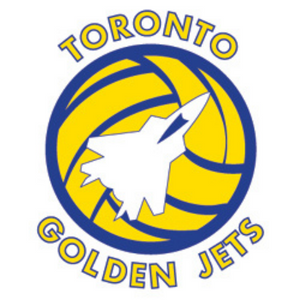
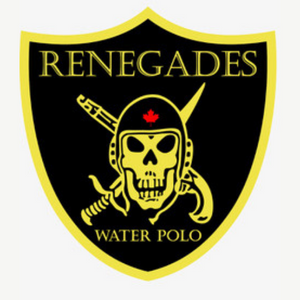 Senior Black Calgary Renegades
Senior Black Calgary Renegades  Team Sask Senior Women
Team Sask Senior Women Edmonton Tsunami Men
Edmonton Tsunami Men Team Sask Senior Men
Team Sask Senior Men Senior Calgary Torpedoes
Senior Calgary Torpedoes 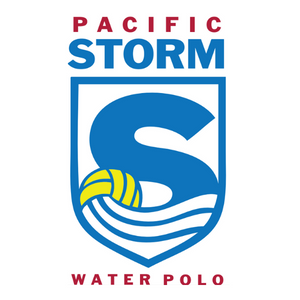 Pacific Storm
Pacific Storm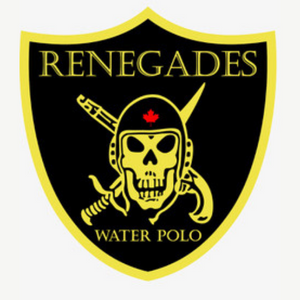 Senior Gold Calgary Renegades
Senior Gold Calgary Renegades 